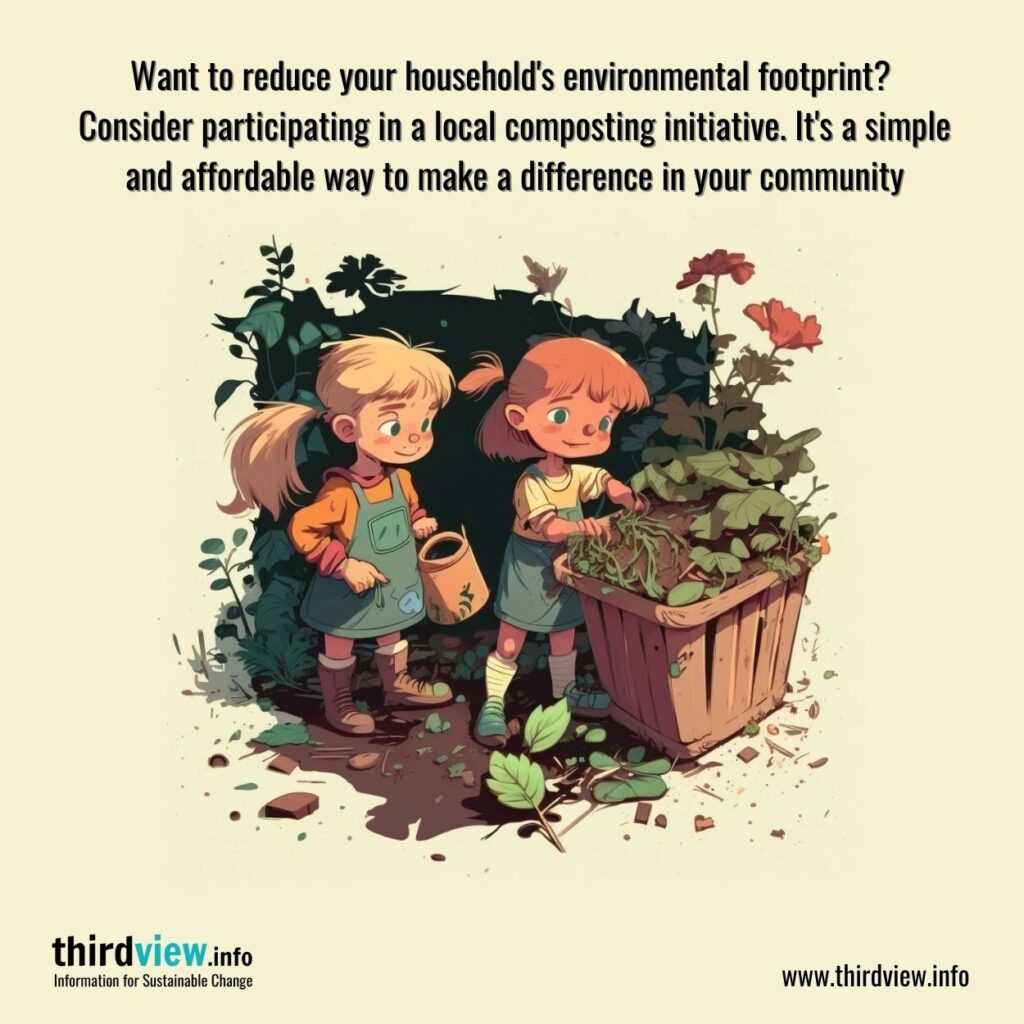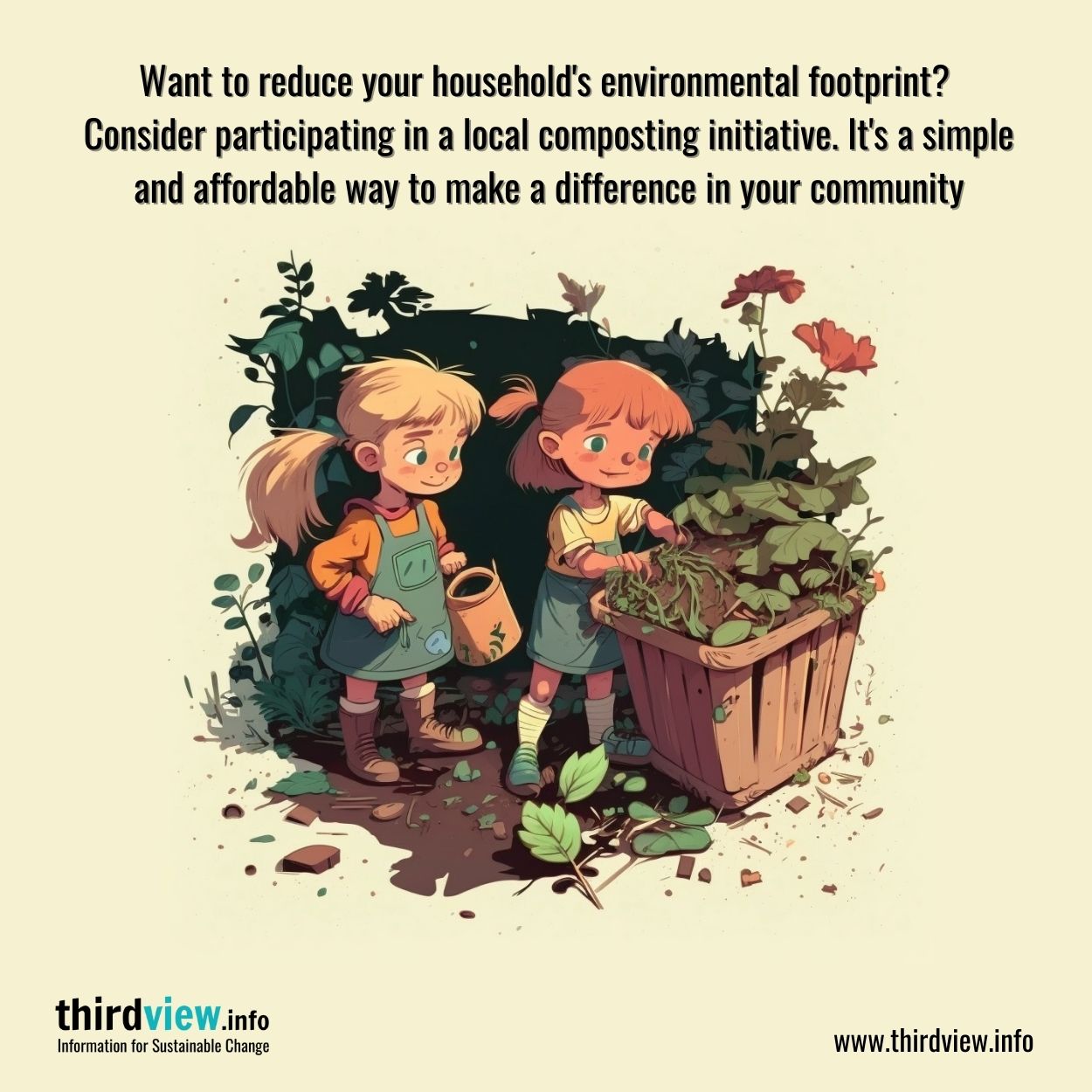Composting is one of the best ways to reduce our environmental footprint. It’s a simple process that doesn’t require a lot of energy or resources, and it offers us an opportunity to support local sustainability efforts while reducing our waste.
The Benefits of Local Composting
Composting your food waste locally has several benefits. First, by composting your food waste locally, you can help divert organic materials from landfills and provide a valuable resource for gardeners and farmers. Additionally, local composting is often free or low-cost, making it an affordable option for anyone looking to reduce their environmental impact. Plus, composting locally helps support nearby businesses that offer compost collection services or sell nutrient-rich soil made from composted material.
Below are some of the ways you can take advantage of composting opportunities in your community.
Become Familiar with Local Regulations
The first step in making composting part of your lifestyle is to become familiar with local composting regulations. Different communities have different rules around what materials can be composted, how they should be stored and handled, and where they can be taken once they’re finished. Knowing these regulations ahead of time will help ensure that you’re composting responsibly and not creating any additional issues for your community.
Find a Compost Program Near You
Once you know what materials are allowed for composting in your area, you can start looking for a local program that fits your needs. Many cities offer curbside pickup services or drop-off locations where households can bring their food scraps and yard waste for composting. If there isn’t a program available near you, look into starting one yourself! You may be surprised at how many people in your community are eager to get involved in sustainable initiatives like this one.
Join Forces with Other Local Businesses
If you own a business, consider joining forces with other local businesses to create a more comprehensive composting program. This could include partnering with restaurants and cafés to collect their food scraps for composting or working with landscapers and gardeners who have access to large amounts of yard waste that could be used as fertilizer instead of being thrown away. By joining forces, businesses can pool resources to create larger-scale projects that benefit everyone involved—and the environment too.
Composting is an easy way to make an impact on the environment without having to put forth too much effort or resources. By becoming familiar with local regulations, finding programs near you, and joining forces with other businesses in your area, you can take advantage of all the great opportunities that come along with participating in a successful local composting initiative! With just a bit of knowledge and effort on your part, you can help create positive change within your own community while also reducing your household’s environmental footprint.


